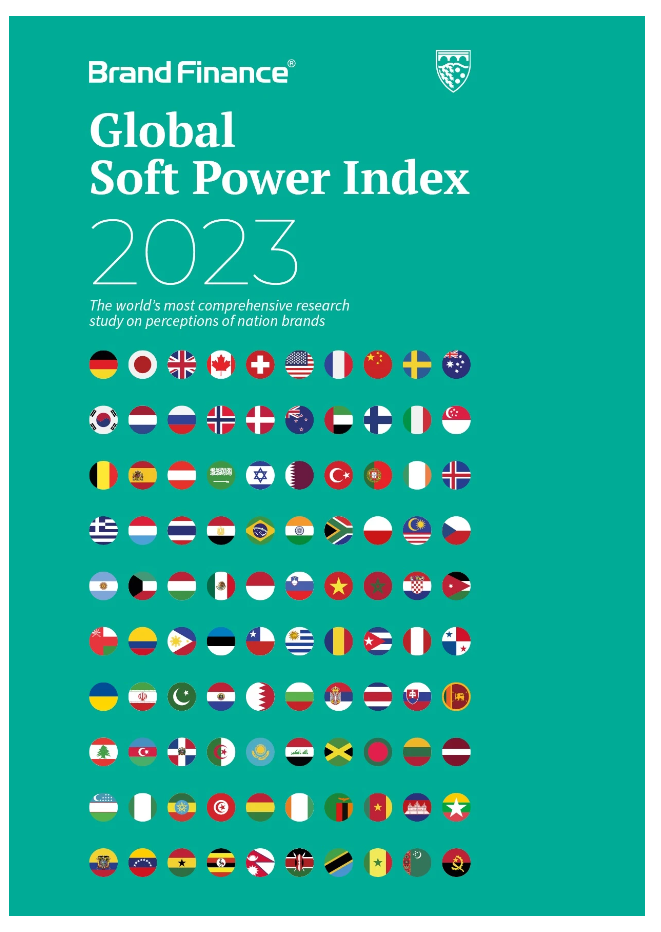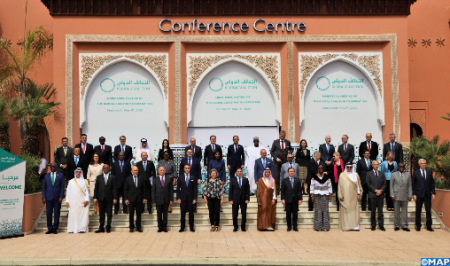 Emmerson company, which specializes in natural resources exploration and production, is developing the Khemisset Potash Project, in Northern Morocco.
Emmerson company, which specializes in natural resources exploration and production, is developing the Khemisset Potash Project, in Northern Morocco.
The project has a large JORC Resource Estimate and significant exploration potential with an accelerated development pathway targeting a low capex, high margin mine, says the company’s management.
Khemisset is ideally located to benefit from the expected high growth in demand for NPK fertilizers on the African Continent. Its location, close to a number of potential export ports, on the doorstep of European, Brazilian and US markets, means that the project will receive a premium netback price relative to many of its peers.
According to Emmerson leaders, the need to feed the world’s rapidly increasing population is driving demand for potash, a fertilizer used in potassium deficient soil, to increase crop yields and improve the quality of the plant.
Potash may also be used in combination with nitrogen and phosphate, to increase the yields of important crops such as corn, soybeans, grains, and rice. Potassium protects plants from extreme temperatures, helps plants to fight stress and disease, reduces wilting, strengthens roots and stems, and assists in transferring food. It activates plant enzymes to ensure plants use water efficiently.
Potash plays a central role in helping feed the world’s growing population and demand is driven by the ongoing requirement to feed a growing population from a declining arable land. Approximately 95% of world potash production is used as fertilizer, the rest is used in a variety of chemical and manufactured products. There is no substitute for potash and Muriate of Potash (MOP) remains the cheapest and most important source of potassium for agricultural purposes.
The Khemisset Project will produce the ubiquitous K60 product. In 2017, it is estimated that global consumption of MOP reached a record of around 64 million tons.
Potash prices are recovering from cyclical lows and have typically lagged the global mining cycle.



